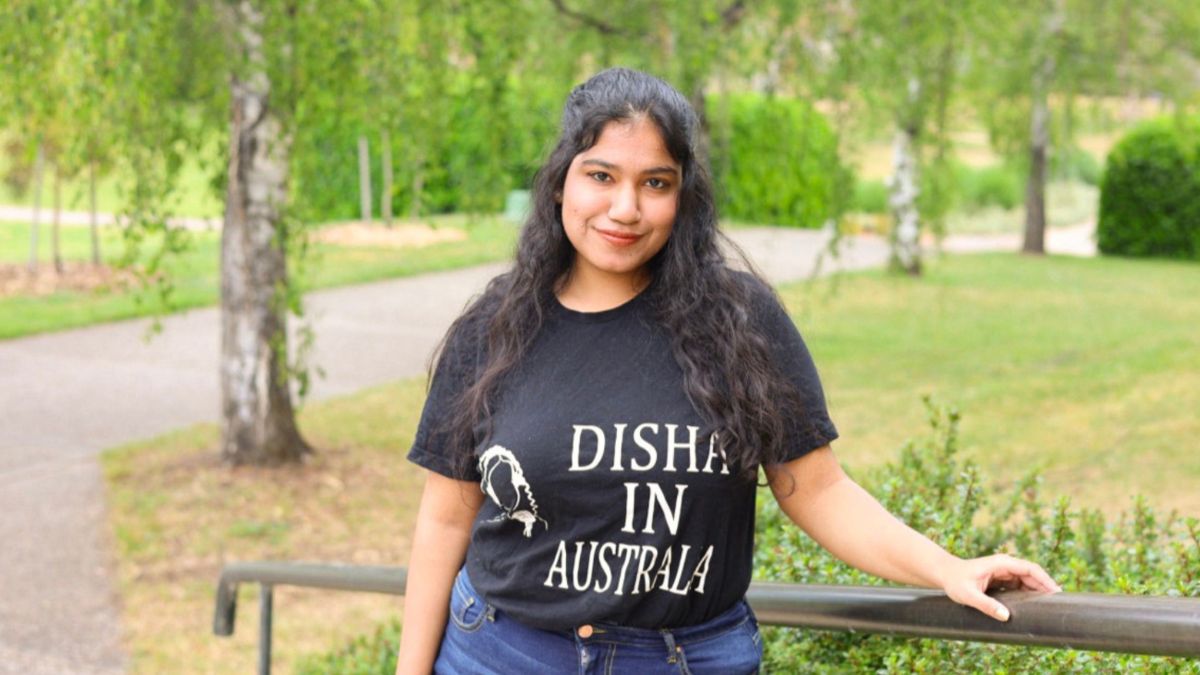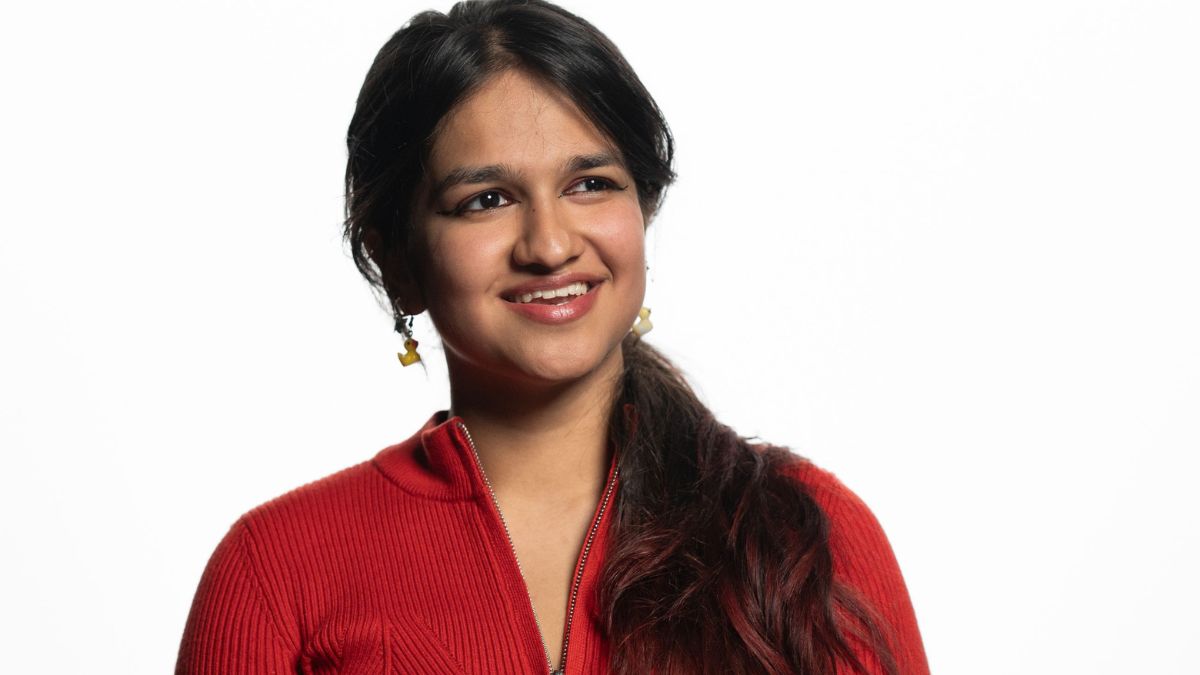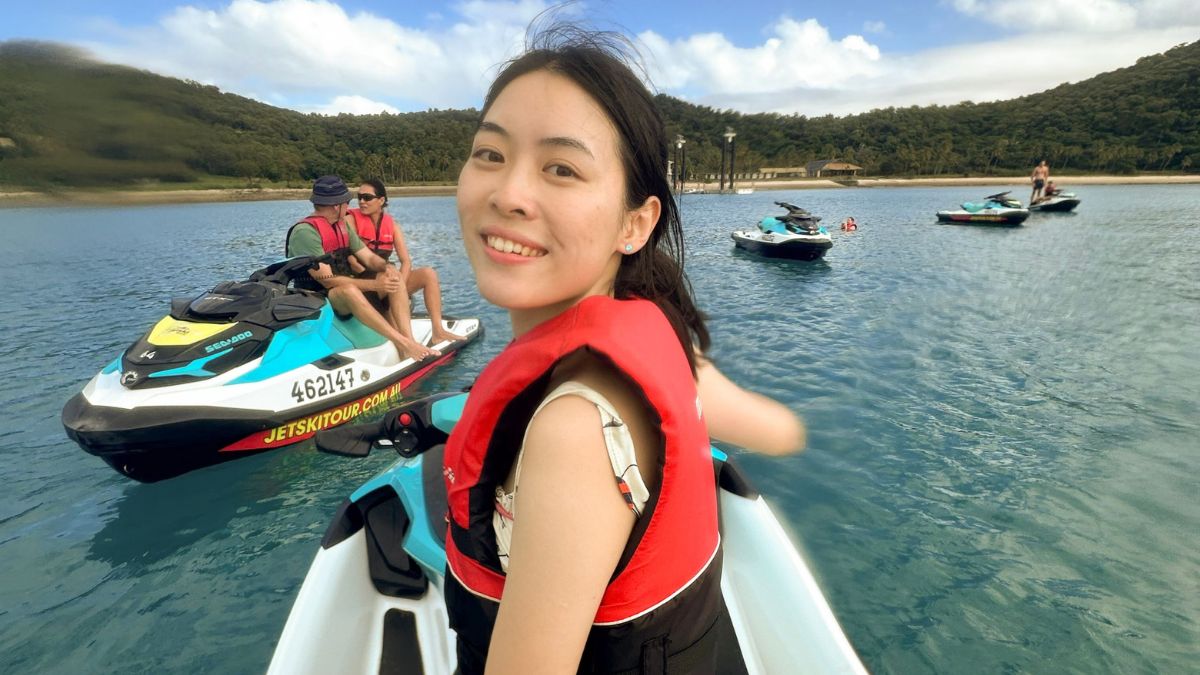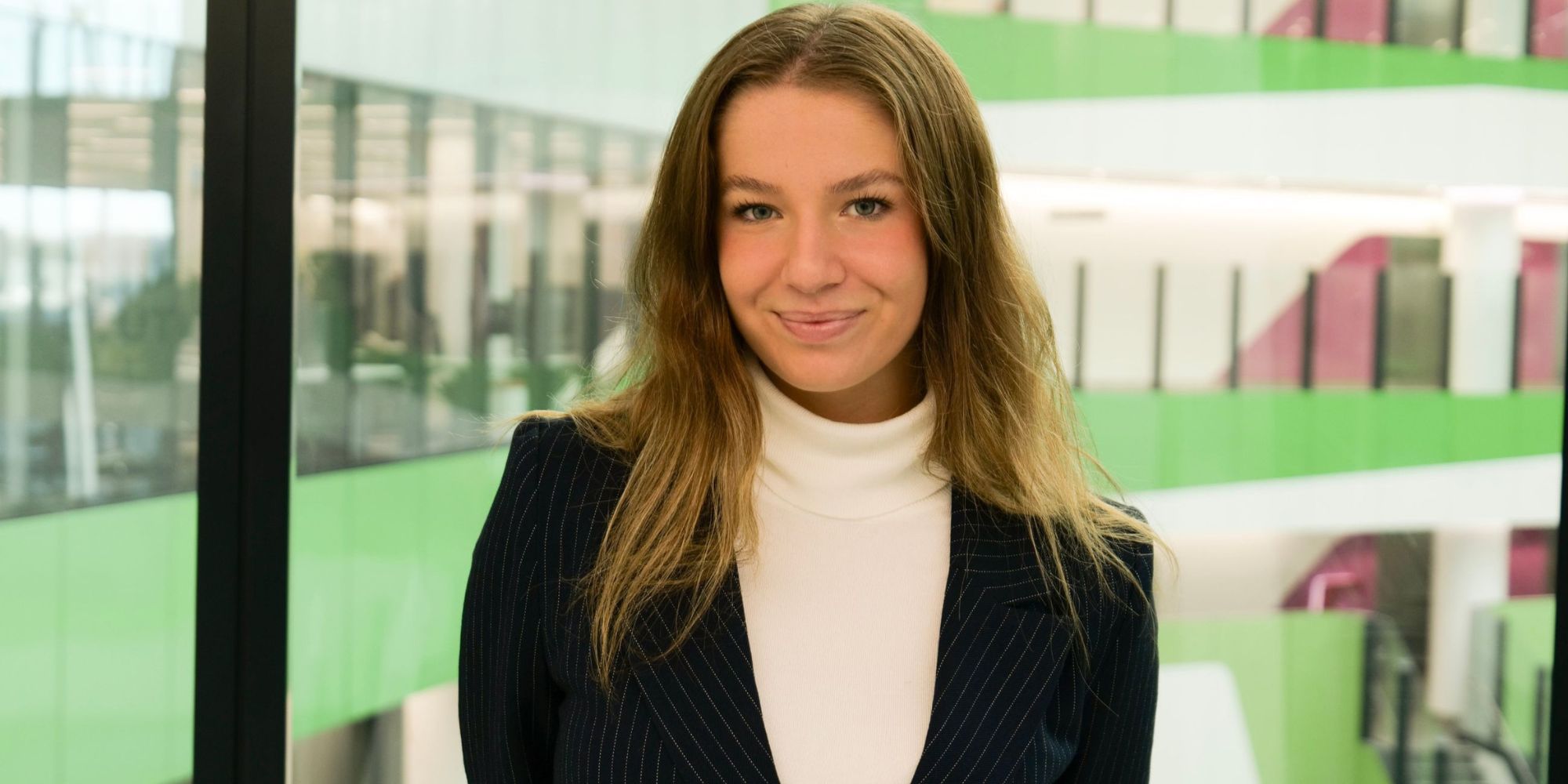
Published on
Mikayla’s journey of culture, confidence and chasing medicine
For Australian National University (ANU) student Mikayla Helms, being part of a strong and welcoming community has been key to her experience – both as an undergraduate student and as a proud First Nations woman.
By Mikayla Helms
Do you remember what your first few months at ANU were like?
My first few months at ANU were a whirlwind of emotions. I felt homesick but also very excited to be starting this new chapter. I was often lost on campus in the early weeks, but that didn’t stop me from throwing myself into the social side of uni life. There was plenty of partying, meeting people and networking.
It was sometimes exhausting, but every challenge became a chance for character building and personal growth. I formed new friendships, learned to navigate the overwhelming and sometimes intimidating environment and discovered how liberating it felt to be independent and in control of my future.
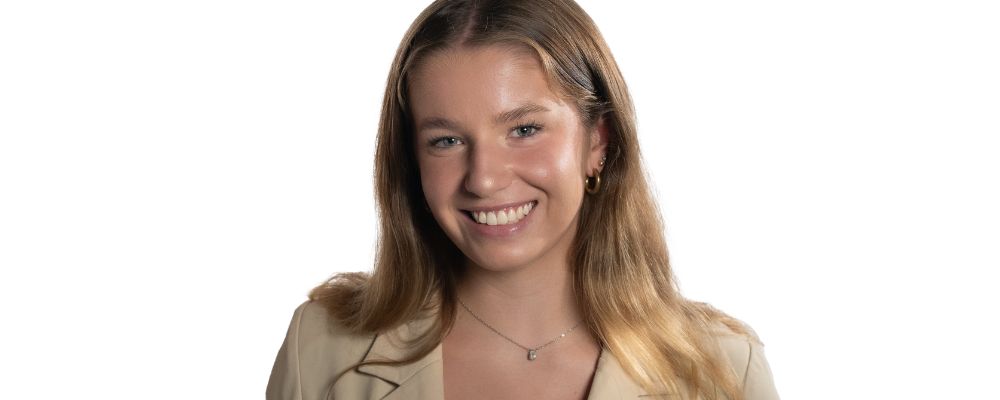
Mikayla never misses a chance to grow and learn new experiences at ANU.
As a First Nations student, what support or community did you connect with on campus?
From the moment I arrived at ANU, I was positively overwhelmed by the amount of support and community available. The Tjabal Indigenous Higher Education Centre goes above and beyond! Aunty Anne and Andrew have been absolutely instrumental in helping me get through day-to-day life.
The ANUSA Indigenous Department has also been a huge source of guidance and encouragement. At Wright Hall, I’ve had incredible support from Lucas during his term as Deputy Head and the current Head of Residence, Sami, making it feel like a second home.
What is something that stands out to you about the people at ANU?
One of the things that has stood out to me most is how willing and eager people are to help. Whether it’s the team at Tjabal, staff and residents at Wright Hall, ex-residents who stay connected or even students in my degree who share resources and encouragement, there’s always someone ready to lend a hand.
My lecturers, tutors and convenors have also gone above and beyond. For example, in Health Science, I’ve experienced first-hand how invested staff are in making sure students understand the material and feel academically supported.
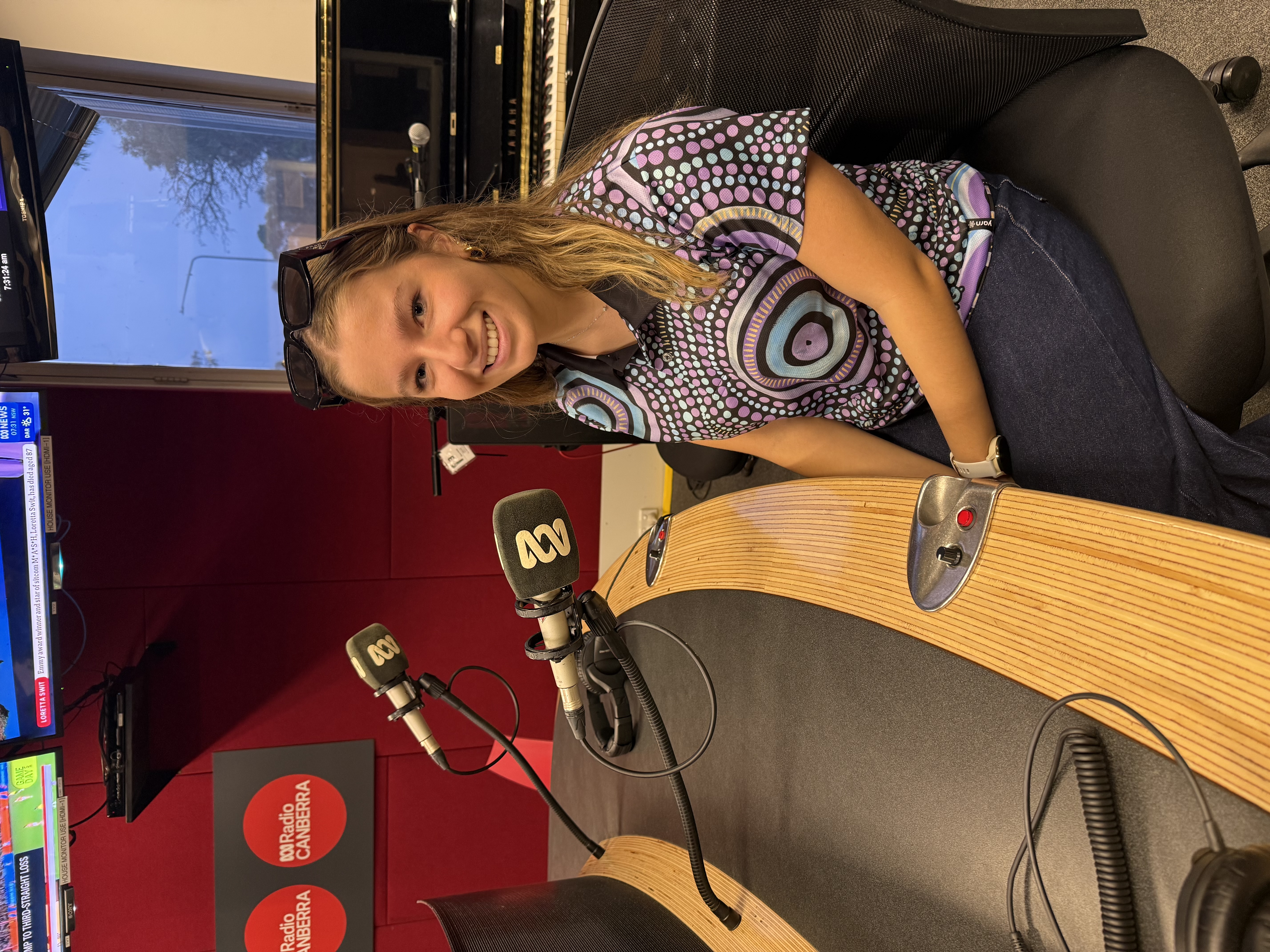
Connecting to community at ANU has been important for Mikayla.
Was there a moment where you felt like ANU was the right place for you?
When I received my acceptance letter for the Bachelor of Health Science program, I knew ANU was the right place for me. It offered everything I wanted: a medical pathway, a supportive Indigenous cultural centre, scholarships to help me financially and it wasn’t too far from home.
When I finally arrived on campus, it was exactly what I had hoped for and even more than I expected.
Have any academics at ANU had a meaningful impact on your experience?
Many people have shaped my ANU journey, but two academics stand out: Mark Ellison and Rosalie Aroni. Mark’s teaching was so clear and engaging that it felt like I was back in high school, where learning felt straightforward and rewarding. He offered countless extra support classes and resources, and his encouragement helped me achieve a High Distinction in Chemistry in my very first semester.
Rosalie, from day one, showed unwavering support and kindness. She set a high standard in the first two weeks of class, pushing me to lift my expectations, manage my time better and stay motivated.
How do you think you’ve grown since starting at ANU?
Since starting at ANU, I’ve grown in ways I never expected. I’m a lot more confident and even more determined to pursue medicine. I’ve learned to grab every opportunity that comes my way, and I’ve become much better at interviews, time management and organisation.
I’ve also grown more independent, prouder of my culture and even more committed to working with and for Aboriginal communities in the future.

